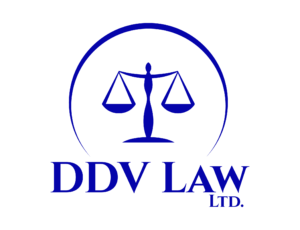Guidance with Compassion, Illinois’ Oldest and Trusted
Elder Law Firm.
DDV Law, LTD. – Where Dedication, Diligence, and Vigilance defines our every action.
Real Results For
Our Clients
Helping Illinois Families Navigate Life’s Toughest Moments.
At DDV Law, we’re more than Illinois' oldest and largest elder law firm—we’re a collaborative, compassionate team that listens first. Initially founded in 1999 as Delaney Law Offices, Ltd., then as Delaney Delaney & Voorn, Ltd. in 2012, and now DDV Law, Ltd., our attorneys work together to ensure every client receives personal attention and strong, strategic legal support. Whether you're facing questions about guardianship, elder abuse, probate, or estate planning, we’re here to help you feel confident in every decision.
When the road ahead feels uncertain, you don’t have to face it alone. Our caring legal team is
here for you.



Dedication. Diligence. Vigilance. – Our Mission
At DDV Law, Ltd—where Dedication, Diligence, and Vigilance define our every action—we are committed to guiding older adults and their families through life’s most complex legal transitions with compassion, clarity, and over 25 years of trusted experience. Our firm provides thoughtful, personalized counsel in Medicaid planning, estate and trust planning, guardianships, probate and trust administration, and special needs planning. We protect dignity, preserve legacy, and bring peace of mind—one family at a time.
How We Can Support You
Guardianship
Support for families navigating legal guardianship of children, adults, or loved ones with special needs.
Elder Abuse & Exploitation
Compassionate advocacy in cases of mistreatment, neglect, or financial harm.


